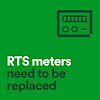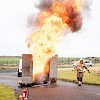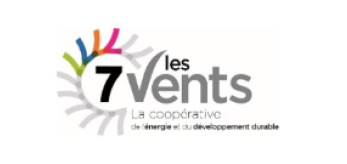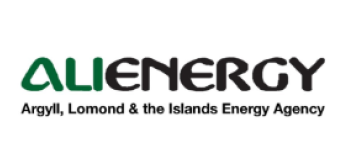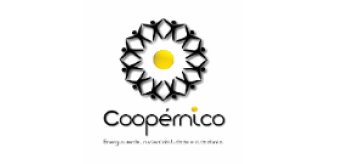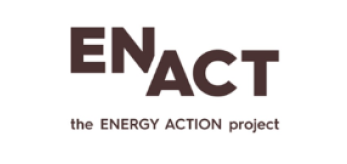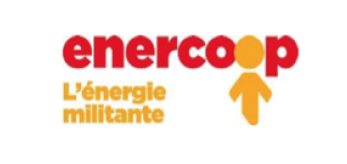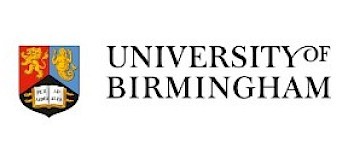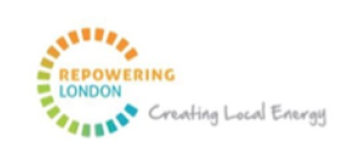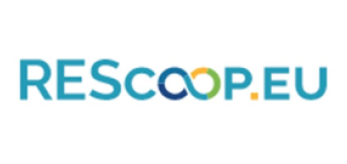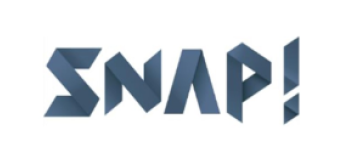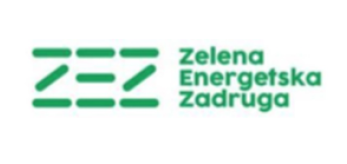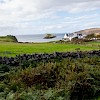
CEES - Community Energy for Energy Solidarity
Within this 3-year project Community Energy for Energy Solidarity -CEES ALIenergy is both a Best Practice (reporting on the achievements of the Affordable Warmth Team) and a Work Package Leader, working with partners from Portugal, France, Belgium, Croatia and UK.
The main aims: Identify and analyse successful community energy initiatives to help alleviate fuel poverty and create a toolkit of effective interventions for replication that highlights ways to make use of existing systems and tools. Featuring both technical and non-technical approaches, the toolkit encompasses several aspects, including:
- ways to identify vulnerable households
- strategies to engage both households and the right networks of people and organisations
- implementing effective action
- establishing necessary support frameworks in terms of legal, regulatory, and financial and nonfinancial schemes
- finding ways to measure the impact of actions
Specifically, the project will: 1) measure impacts associated with the adoption of behavioural change and energy efficiency measures in households; 2) outline frameworks for the creation of financial and non-financial support schemes; and 3) empower community leaders and organisations (including those working in adjacent sectors, such as financial advice, healthcare or fire/police services) to identify, assess and help alleviate energy poverty.
Together, these activities will facilitate rapid establishment of responsive networks of energy communities. Over the project’s three years, it is expected to reach more than 17 000 energy-poor consumers, trigger nearly €2 M of sustainable energy investment (for energy efficiency and small-scale renewables) and reduce energy-related emissions by more than 7,5 GWh per year, extending beyond the project duration.
The CEES consortium has created a unique opportunity to work with – and learn from – EU citizens facing energy poverty across diverse countries and local contexts.
To help Energy Communities determine their capacity to get started, CEES has mapped out the resources required for various energy solidarity measures across three areas:
-
How to Identify and Engage with households and partners
-
Actions to Alleviate energy poverty
-
Financing options
Full details are available in the Energy Solidarity Toolkit
Visit here for further information on the achievements and contact details of each CEES Partner that piloted new initiatives.
If you're keen to keep up with the CEES project and partners


